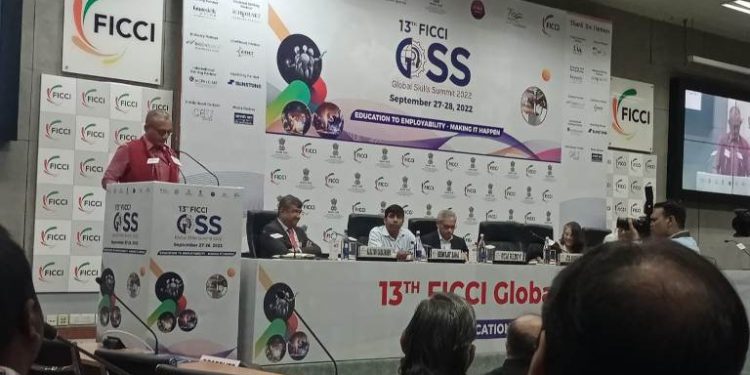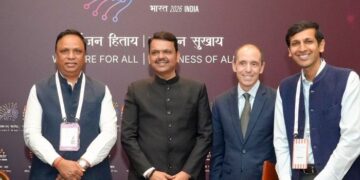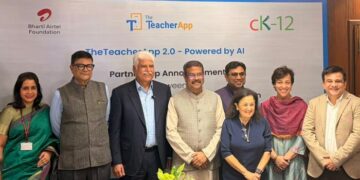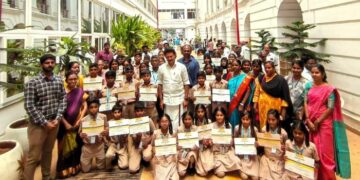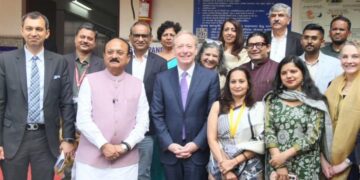Skills education is slated for a major structural reform soon. Vocational education would be finally a part of the formal school education system as the new NCF currently under the final stages of consultation/preparation, has made sweeping changes in this regard. The vocational subjects would be introduced from class 6 in schools under a centrally sponsored scheme and till class 8, these subjects will be foundational in nature. However, from class 9 onwards these subjects would become mandatory.
Disclosing this change aimed at integration of skills education into formal education at the 13th Global Skills Summit – Education to Employability: Making it happen’, organized by FICCI on September 27-28, Secretary Ministry of Skill Development and Entrepreneurship (MSDE), Atul Kumar Tiwari, also added about a new version of Pradhan Mantri Kaushal Vikas Yojana (PMKVY 5.0) under which 5000 schools are being also converted into skill hubs.
MSDE secretary also spoke about the National Credit Framework, under which academic credits will be available to practically short courses and prior learning. This framework will be soon made public for feedback.
Admitting that skilling has not been aspirational and school education has failed in imparting skills so far, Mr Tiwari said that had formal education discharged its role for skill education, the need for ministry like MSDE wouldn’t be there. “But after NEP 2020, things have changed and under it 50% of all students have to be exposed to vocational education, and it has set the ball rolling, ‘ he added. Doing away with separation of credits for skills and academics, creating a special vertical for training the trainers and common facilities for training besides the National Credit Framework is a move towards integration of skills into school and higher education.
Speaking at the same session, RCM Reddy, MD & CEO of Schoolnet India Ltd and Learnet Skills Ltd suggested that in the era of disruption perhaps it would be in the fitness of things to bring ITIs into schools in a bid to bring skilling to schooling or schooling to skilling instead of patchworks at ending discrimination against vocational education. “We have to see how we can bring them together and then offer higher skilling or academics as the next level pathways,” he added.
Raj Gilda, cofounder, Lend A Hand, suggested a toolkit approach to equip transition of schools to impart vocational education as investing in machinery and equipment would be high cost. He also cautioned that VET should be used to reinforce the impression that it is only for government schools and therefore children of the poor.
Pervin Malhotra of Career Guidance India emphasized the shortage of good teachers will potentially derail any skilling initiative as according to her unless teacher is skilled and has the ability to adopt, s/he can’t motive students enough. “It will become another SUWP activity in schools and therefore skills education needs to be carefully curated for transferable and lifetime skills,” she said.
The session was also attended by Dr Biswajit Saha, Director Skill Education, CBSE who said that CBSE has micro credited short-term courses and such credits would be transferable to CBSE.


